Tell me, ITAS
-
type of event:
open meet up with researchers
- place:
-
date:
every week
-
time:
12:00-14:00 (exeptions possible)
-
Contact us via email: karl9@itas.kit.edu.
Do you sometimes ask yourself questions like: Why is urban greenery so good for us in summer? Or how dangerous is the use of artificial intelligence? You'll get answers to your questions straight from us - directly, on site, from the researchers themselves.
At “Tell me, ITAS”, our researchers move their workplace to Karl9 or TRIANGEL and answer your questions about their research topics. Registration is not necessary, you can come and go at any time. We look forward to seeing you!
Future Questions

How save is save enough?
 The question of the safety of technologies and repositories is complex. When is a system safe enough, and how do we determine what is considered "safe"? What emission limits are acceptable? Sophie Kuppler would like to discuss these questions with you and explore possible answers.
The question of the safety of technologies and repositories is complex. When is a system safe enough, and how do we determine what is considered "safe"? What emission limits are acceptable? Sophie Kuppler would like to discuss these questions with you and explore possible answers.
Starting with a keynote speech at 12 noon, you can join the discussion or leave at any time.
This event takes place at Karl9 - Science Hub for Technology and Society, Karlstraße 9, 76133 Karlsruhe.
How does climate protection via "handprint" work?
 This edition of the research meeting hour "Tell me, ITAS" is part of the KIT Science Week Programme and builds on current climate research and underscores the need for a transformation toward a climate-friendly society. The concept of the handprint is presented as a central element. Its goal is to permanently anchor climate protection structurally through targeted engagement, making sustainable living easier for everyone. The handprint invites you to take an active role in the transformation. ITAS researcher Markus Szaguhn will answer all your questions about the "handprint" and climate research.
This edition of the research meeting hour "Tell me, ITAS" is part of the KIT Science Week Programme and builds on current climate research and underscores the need for a transformation toward a climate-friendly society. The concept of the handprint is presented as a central element. Its goal is to permanently anchor climate protection structurally through targeted engagement, making sustainable living easier for everyone. The handprint invites you to take an active role in the transformation. ITAS researcher Markus Szaguhn will answer all your questions about the "handprint" and climate research.
Starting with a keynote speech at 12 noon, you can join the discussion or leave at any time.
This event takes place at the MobiLab which will be standing at the Friedrichsplatz in Karlsruhe as part of the KIT Science Week 2025 Programme.
What questions would you like to ask again?
All these questions have already been asked in previous issues of “Tell me, ITAS”. Do you find one or more topics interesting? Then write an e-mail to karl9∂itas.kit.edu with your favorite questions!
What can technology do for our nerves today?
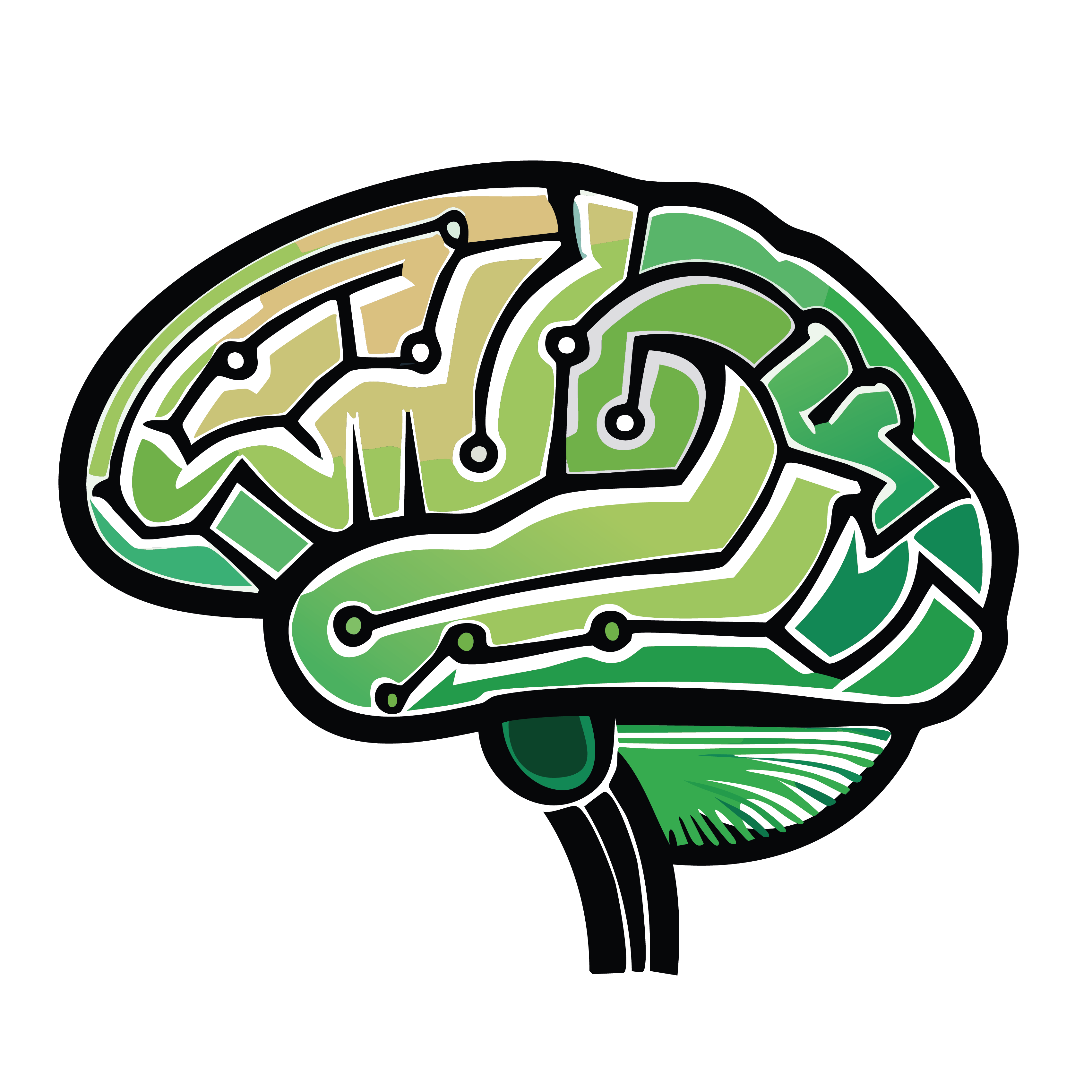 What do we expect from neurotechnology, what is needed, and what do we wish for? And how do we regulate the path to our neurotechnological future? Dirk Hommrich will talk to you about the opportunities and challenges of neurotechnology.
What do we expect from neurotechnology, what is needed, and what do we wish for? And how do we regulate the path to our neurotechnological future? Dirk Hommrich will talk to you about the opportunities and challenges of neurotechnology.
How do we measure our footprint?
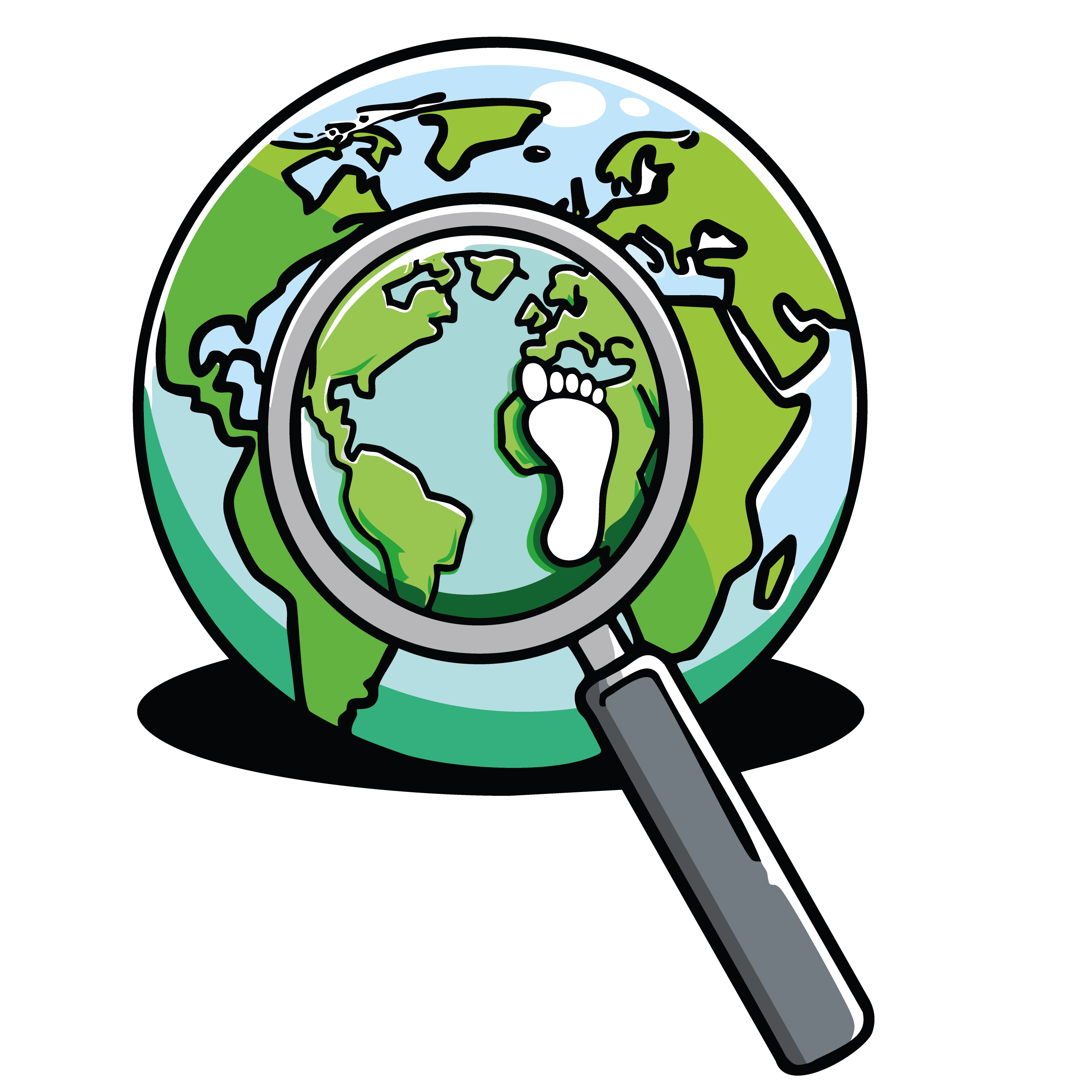 Every one of our actions impacts the environment. Jens Buchgeister will explain to you how researchers determine these environmental effects using carbon footprints and life cycle assessments.
Every one of our actions impacts the environment. Jens Buchgeister will explain to you how researchers determine these environmental effects using carbon footprints and life cycle assessments.
Should researchers still travel?
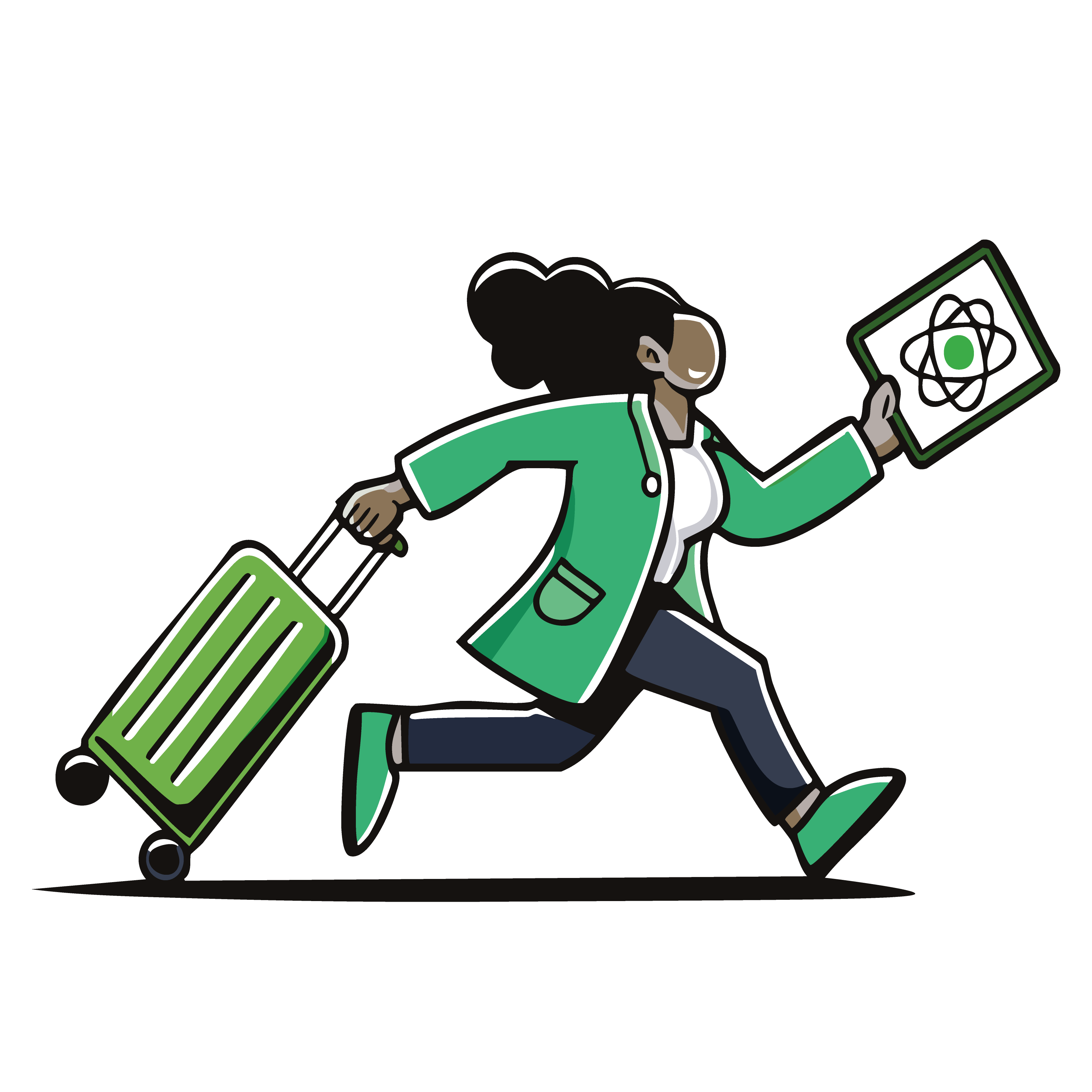 Business travel is responsible for a large proportion of greenhouse gas emissions at universities. At the same time, travel is important for scientific work. How can climate protection and good research conditions be reconciled? Marius Albiez would like to discuss this with you.
Business travel is responsible for a large proportion of greenhouse gas emissions at universities. At the same time, travel is important for scientific work. How can climate protection and good research conditions be reconciled? Marius Albiez would like to discuss this with you.
Is AI taking away our work?
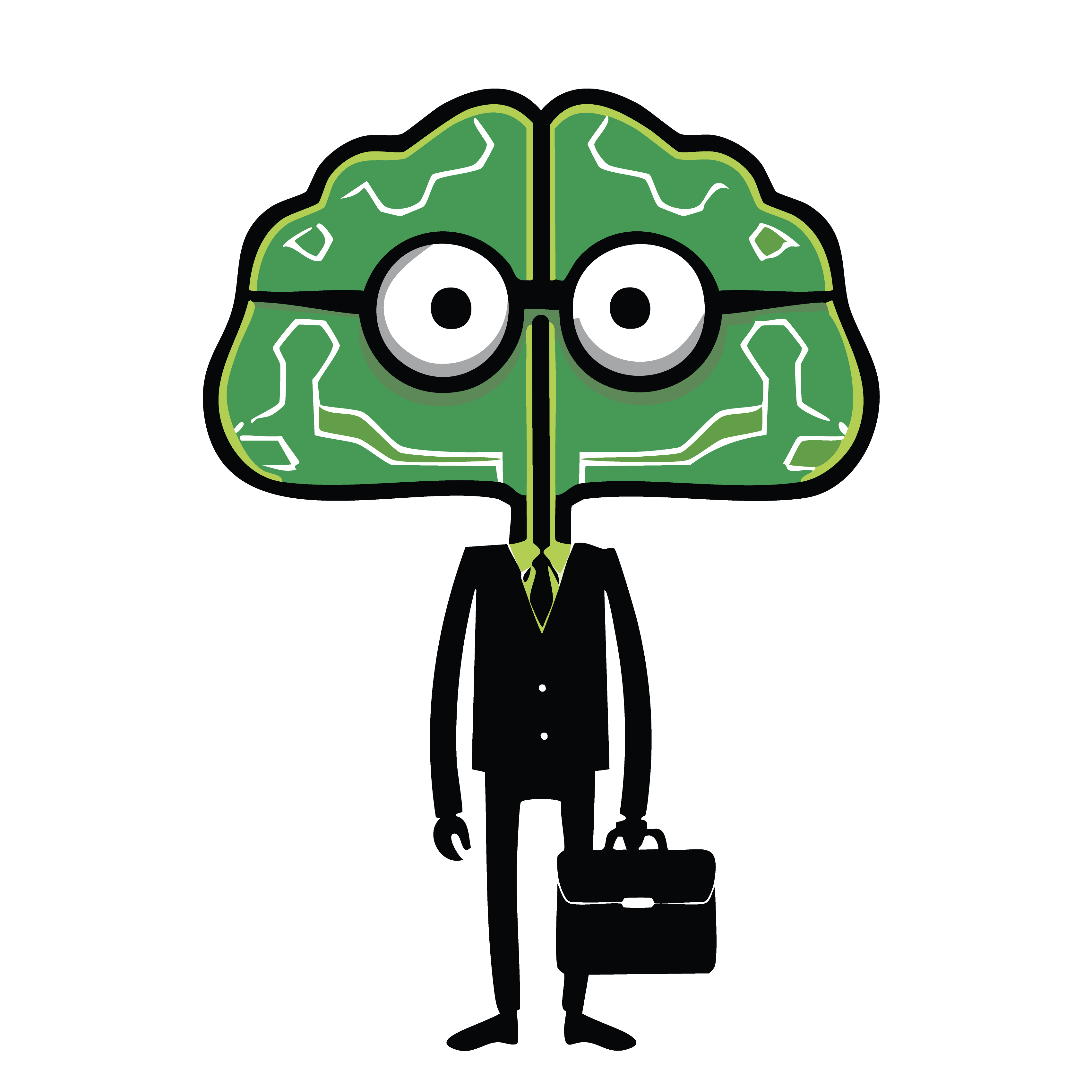 Artificial intelligence has arrived in the world of work and is increasingly being integrated into our work processes. Will jobs be destroyed as a result? Who decides if a job is lost? Bettina-Johanna Krings would like to discuss these questions with you.
Artificial intelligence has arrived in the world of work and is increasingly being integrated into our work processes. Will jobs be destroyed as a result? Who decides if a job is lost? Bettina-Johanna Krings would like to discuss these questions with you.
Starting with a keynote speech at 12 noon, you can join the discussion or leave at any time.
Why do we need teamwork for a sustainable future?
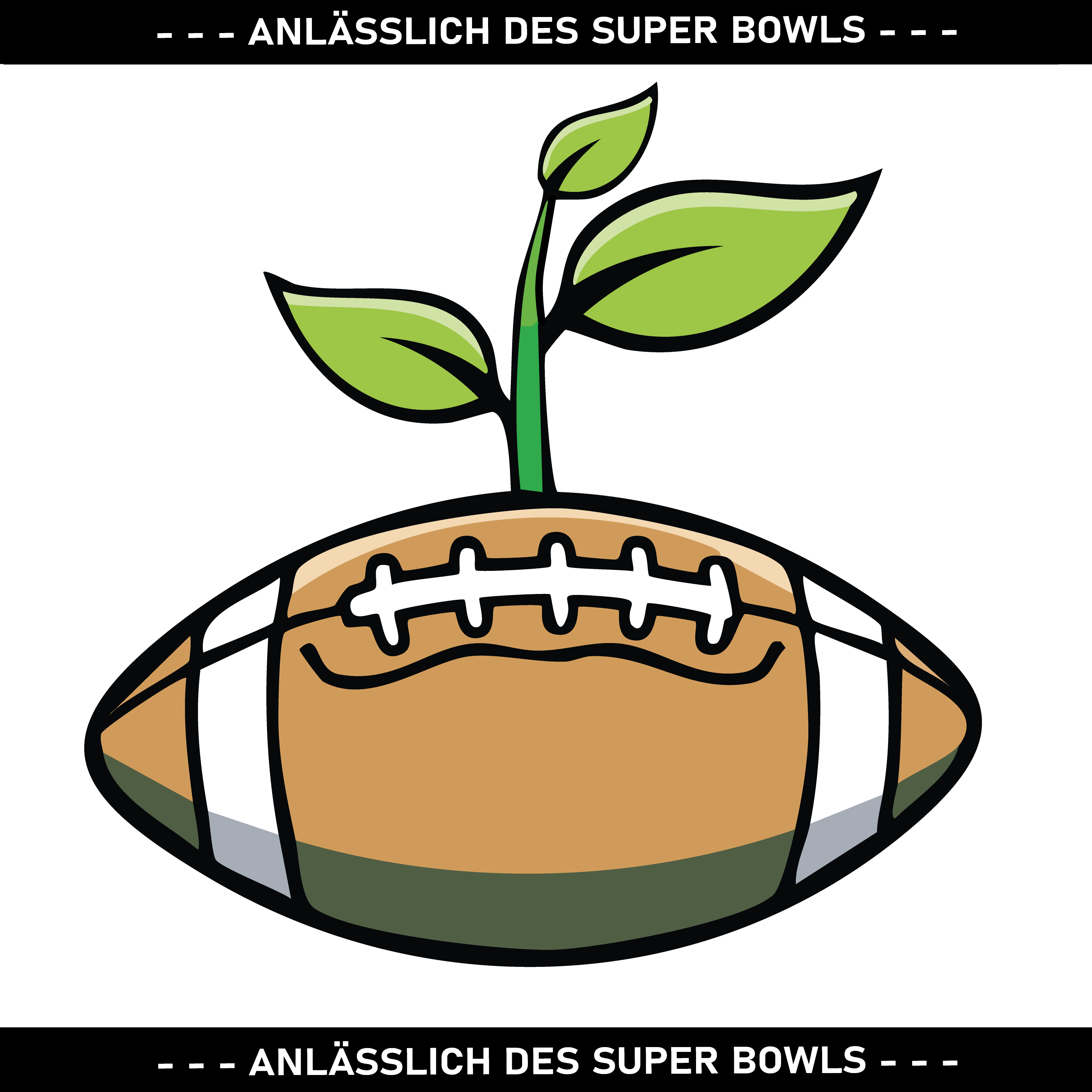 Whether in science or in football - teamwork is the key to success, especially in sustainability issues. Despite many definitions and perspectives, what counts in the touchdown for a more sustainable future. Janine Gondolf will talk to you about how we should tackle sustainability issues.
Whether in science or in football - teamwork is the key to success, especially in sustainability issues. Despite many definitions and perspectives, what counts in the touchdown for a more sustainable future. Janine Gondolf will talk to you about how we should tackle sustainability issues.
What happens when we trust scientists - or when we don't?
 And what does trust in science actually mean? How does trust in scientists differ from other relationships of trust? Whether you trust science or are skeptical, Dana Mahr wants to hear from you how researchers can earn your trust - or win it back.
And what does trust in science actually mean? How does trust in scientists differ from other relationships of trust? Whether you trust science or are skeptical, Dana Mahr wants to hear from you how researchers can earn your trust - or win it back.
You can find an online recording of this event here: https://www.youtube.com/watch?v=tdWyiNWrKgs
What are the benefits and risks of artificial intelligence?
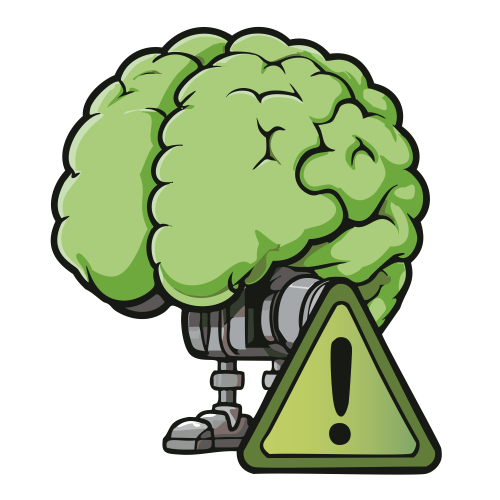 AI saves us tedious work and eliminates jobs. Nobody knows what artificial intelligence will be able to do in the future. Whether it will benefit or harm us is up to us.
AI saves us tedious work and eliminates jobs. Nobody knows what artificial intelligence will be able to do in the future. Whether it will benefit or harm us is up to us.
Wolfgang Eppler discusses the opportunities and risks of AI with you.
What is Technology Assessment?
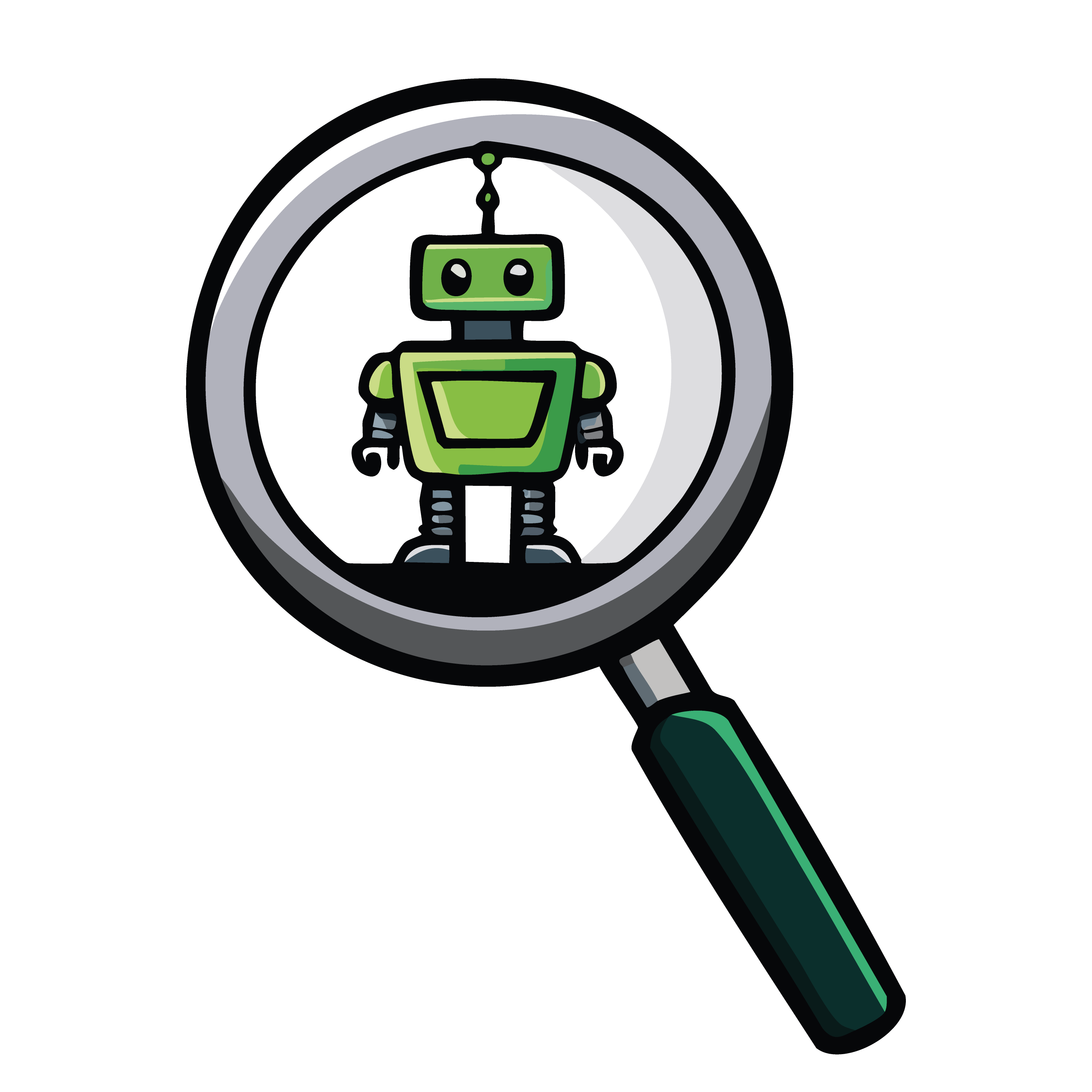 When technologies are invented, we do not yet know exactly what opportunities and risks they will ultimately entail. What contribution does research make to dealing with the consequences of new technologies? And how does it work? Constanze Scherz , Deputy Director of ITAS, answers your questions.
When technologies are invented, we do not yet know exactly what opportunities and risks they will ultimately entail. What contribution does research make to dealing with the consequences of new technologies? And how does it work? Constanze Scherz , Deputy Director of ITAS, answers your questions.
You can find an online recording of this event here: https://www.youtube.com/watch?v=ANvcvoJ5KyQ
How can we find joint solutions to technology conflicts?

Whether wind turbines, nuclear energy or self-driving cars - some citizens are enthusiastic about new technological developments, others are not. Researcher Peter Hocke explains what researchers mean by "technology conflicts" and how we can counter them.
How do I myself conduct research for sustainability?
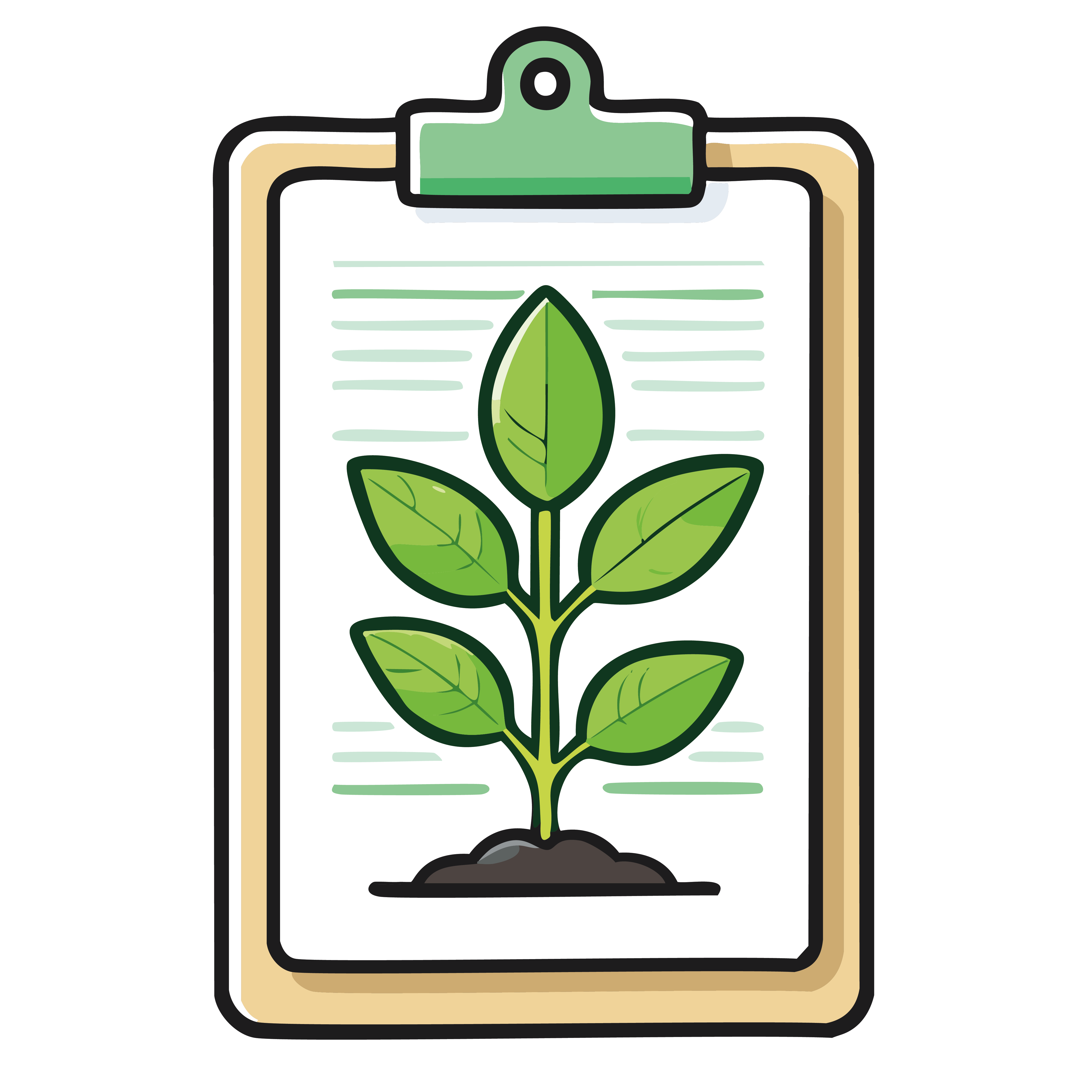 You don't have to work in science to do research on sustainability! Pia Laborgne and Eva Wendeberg show you what self-experiments are and how you can start researching straight away.
You don't have to work in science to do research on sustainability! Pia Laborgne and Eva Wendeberg show you what self-experiments are and how you can start researching straight away.
How do we find a repository for high-level radioactive waste?
 Phasing out nuclear energy in Germany is not the end of the story. Researcher Elske Bechthold shares how we can find a repository for nuclear waste and why it is taking so long.
Phasing out nuclear energy in Germany is not the end of the story. Researcher Elske Bechthold shares how we can find a repository for nuclear waste and why it is taking so long.
Is the search for a repository stuck between conflict and solution?
The search for a final repository for nuclear waste is a challenge that is accompanied by conflicts. How is the state trying to solve this task? Ulrich Smeddinck talks to you about this.
What risks arise from the use of artificial intelligence?
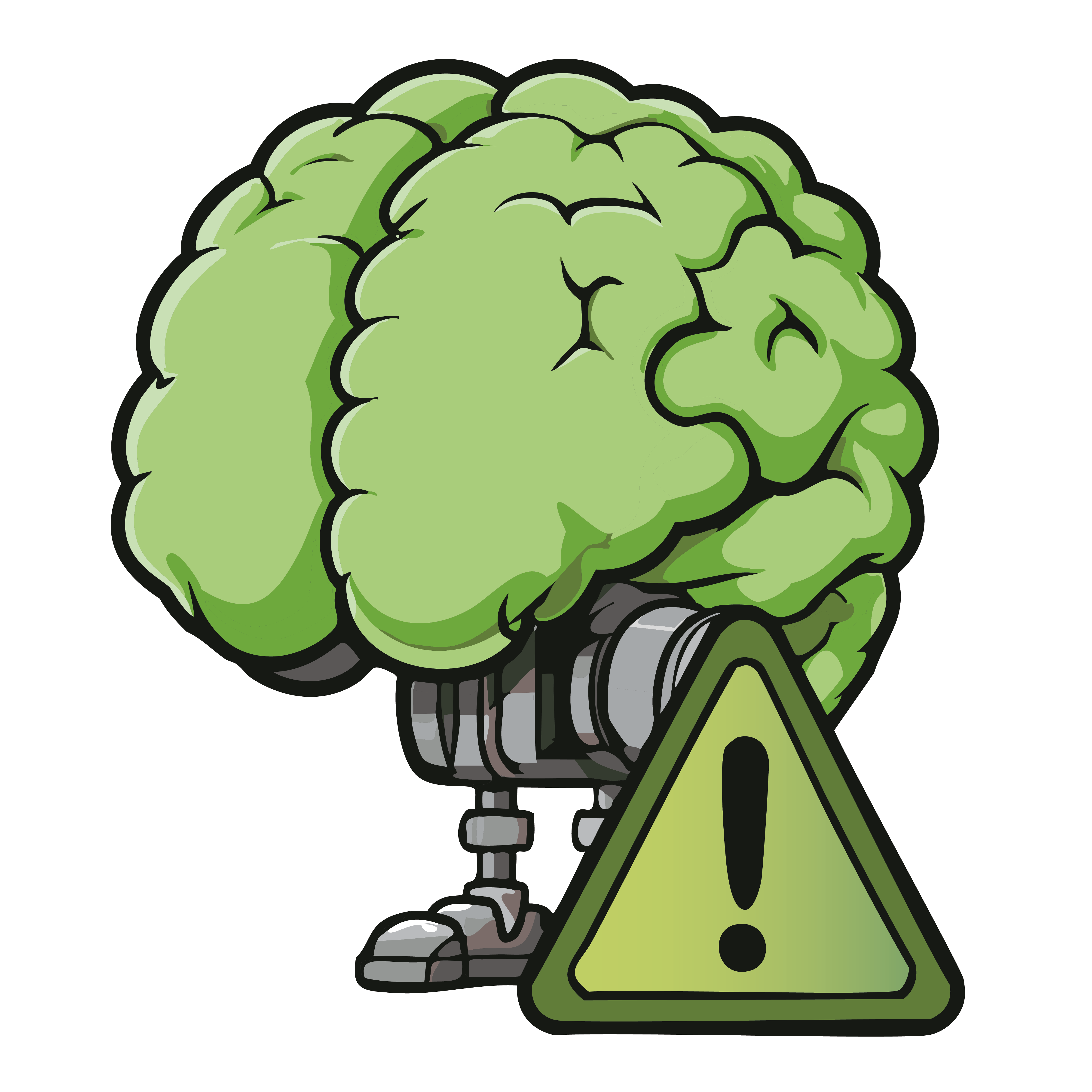 Artificial intelligence is on the rise in many areas of our everyday lives. Researcher Lucas Staab talks about the social risks this poses (apart from the downfall of humanity) and how we can deal with them.
Artificial intelligence is on the rise in many areas of our everyday lives. Researcher Lucas Staab talks about the social risks this poses (apart from the downfall of humanity) and how we can deal with them.
How can citizen participation in science succeed?
 Real-world labs, dialogs, surveys - there are many ways for the public to participate in research. How would you like to participate in scientific processes and what do you actually need to do so? Franziska Sörgel is happy to talk to you about this.
Real-world labs, dialogs, surveys - there are many ways for the public to participate in research. How would you like to participate in scientific processes and what do you actually need to do so? Franziska Sörgel is happy to talk to you about this.
How does sustainability at universities work?
 Business trips, catering, waste separation - sustainability is not only a research topic at universities. Susanne Ober explains what we can do to make everyday university life more sustainable.
Business trips, catering, waste separation - sustainability is not only a research topic at universities. Susanne Ober explains what we can do to make everyday university life more sustainable.
Is the energy supply safe in Karlsruhe?
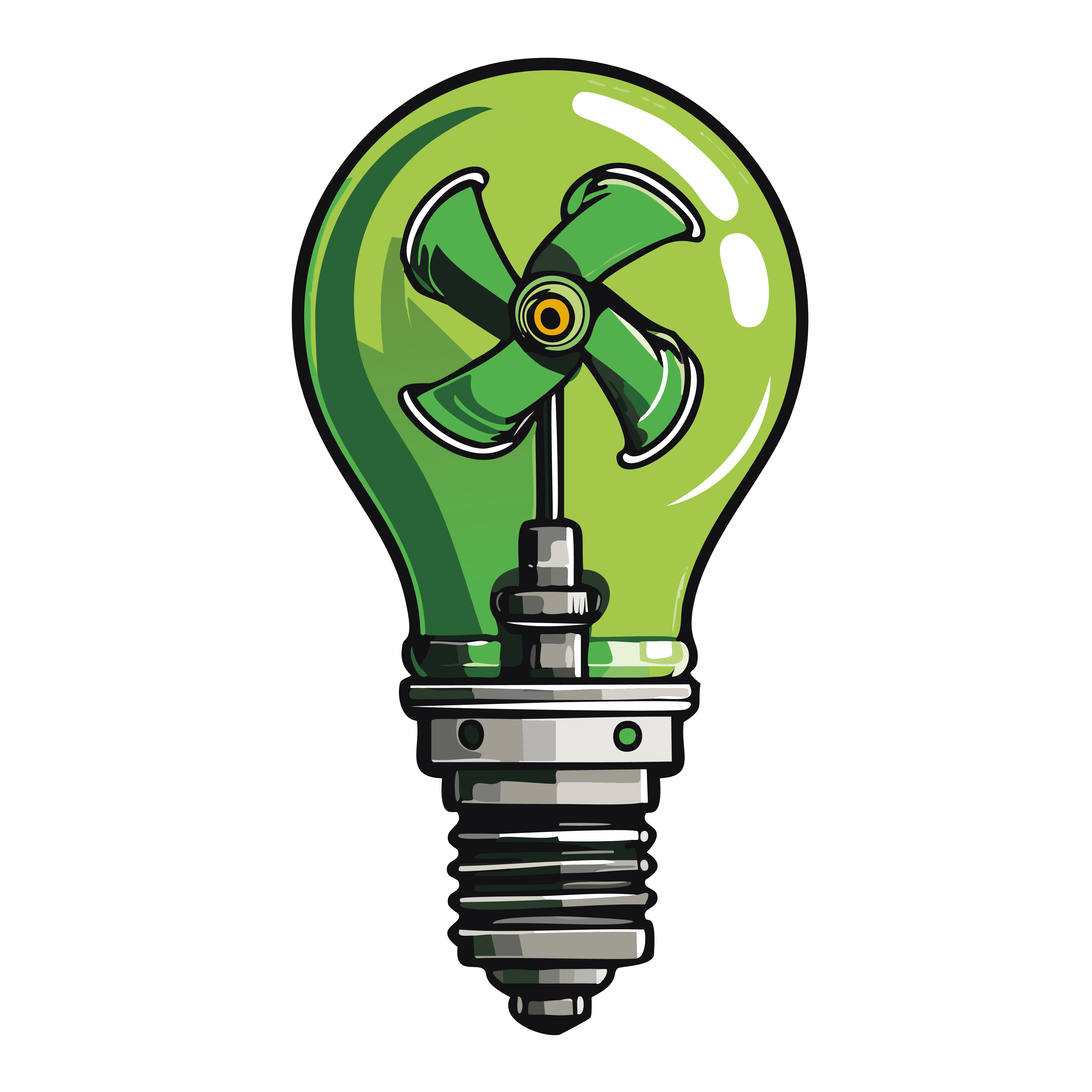
The energy transition is already well underway in Karlsruhe. ITAS researchers Pia Laborgne, Georgia Alexandri and Volker Stelzer will discuss with you what this means for energy security and sustainability.
How much responsibility do we want to hand over to machines?
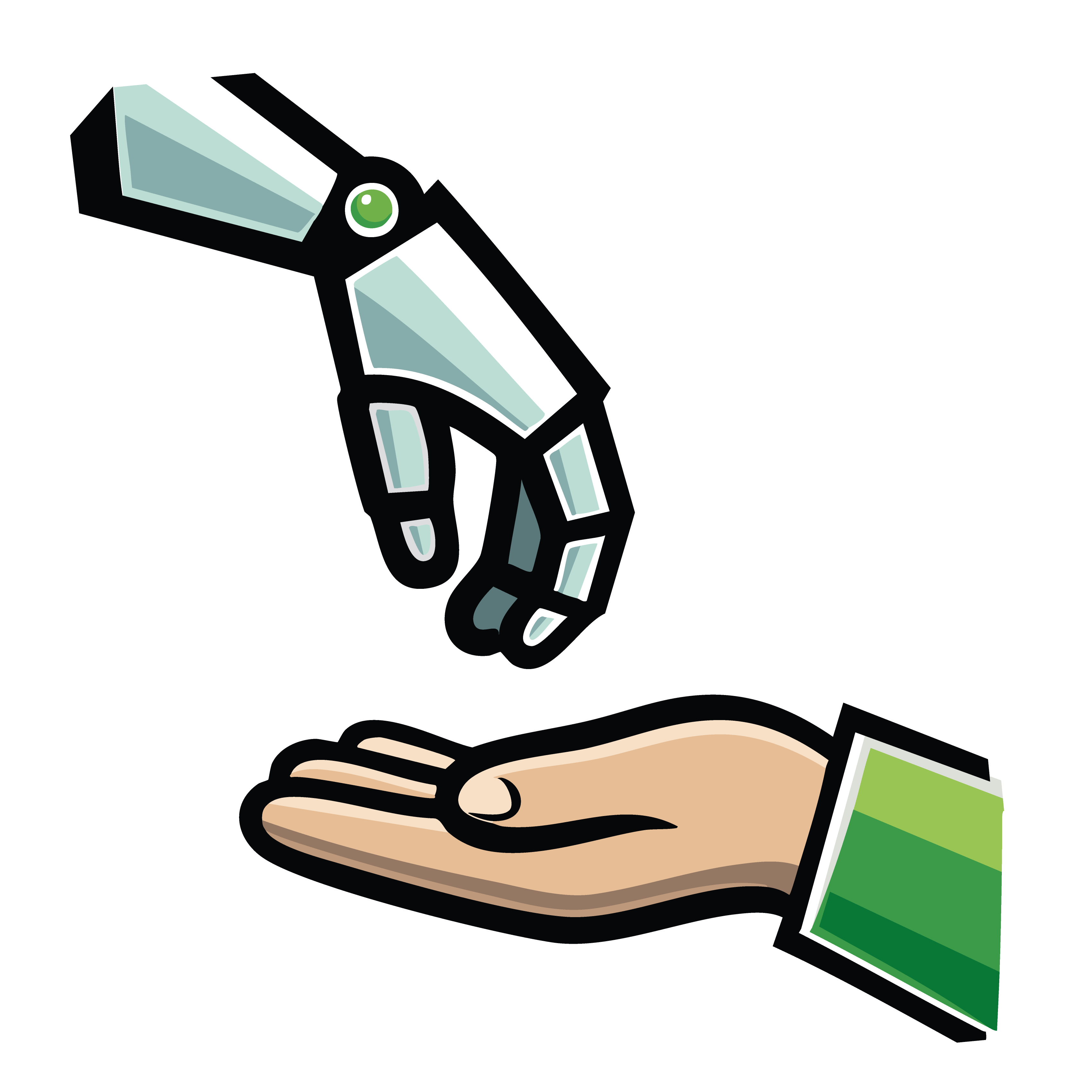 The boundaries between humans and technology are becoming increasingly blurred - especially in the healthcare sector. Dana Mahr and Maria Maia discuss which technologies are revolutionizing our health, the challenges and opportunities and what this all means for you.
The boundaries between humans and technology are becoming increasingly blurred - especially in the healthcare sector. Dana Mahr and Maria Maia discuss which technologies are revolutionizing our health, the challenges and opportunities and what this all means for you.
How do people in Korea use urban trees?
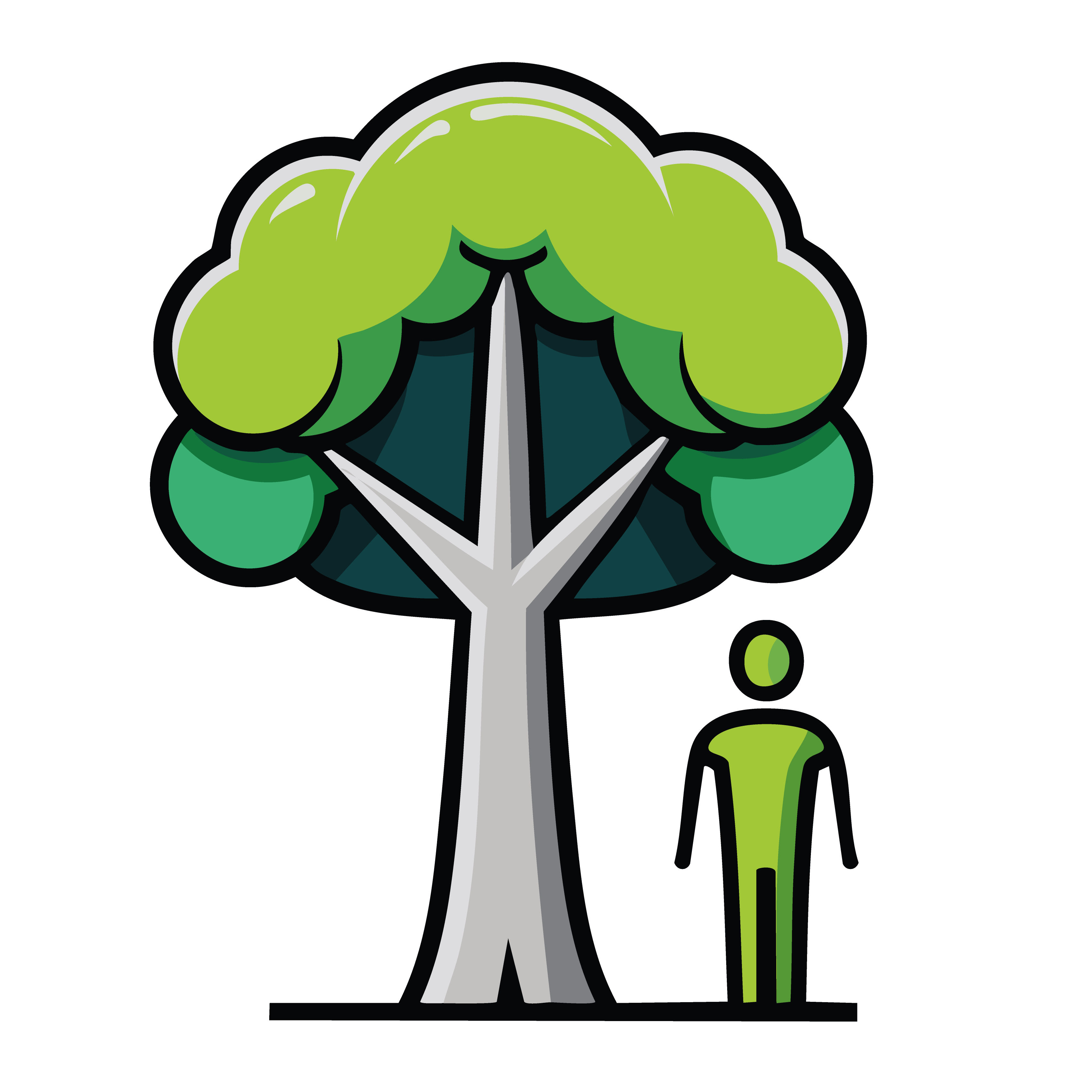 And how are urban trees used differently by women and men or by us in Germany? Jaewon Son would like to discuss these and other questions with you. Jaewon answers your questions in English.
And how are urban trees used differently by women and men or by us in Germany? Jaewon Son would like to discuss these and other questions with you. Jaewon answers your questions in English.
What are exoskeletons capable of?
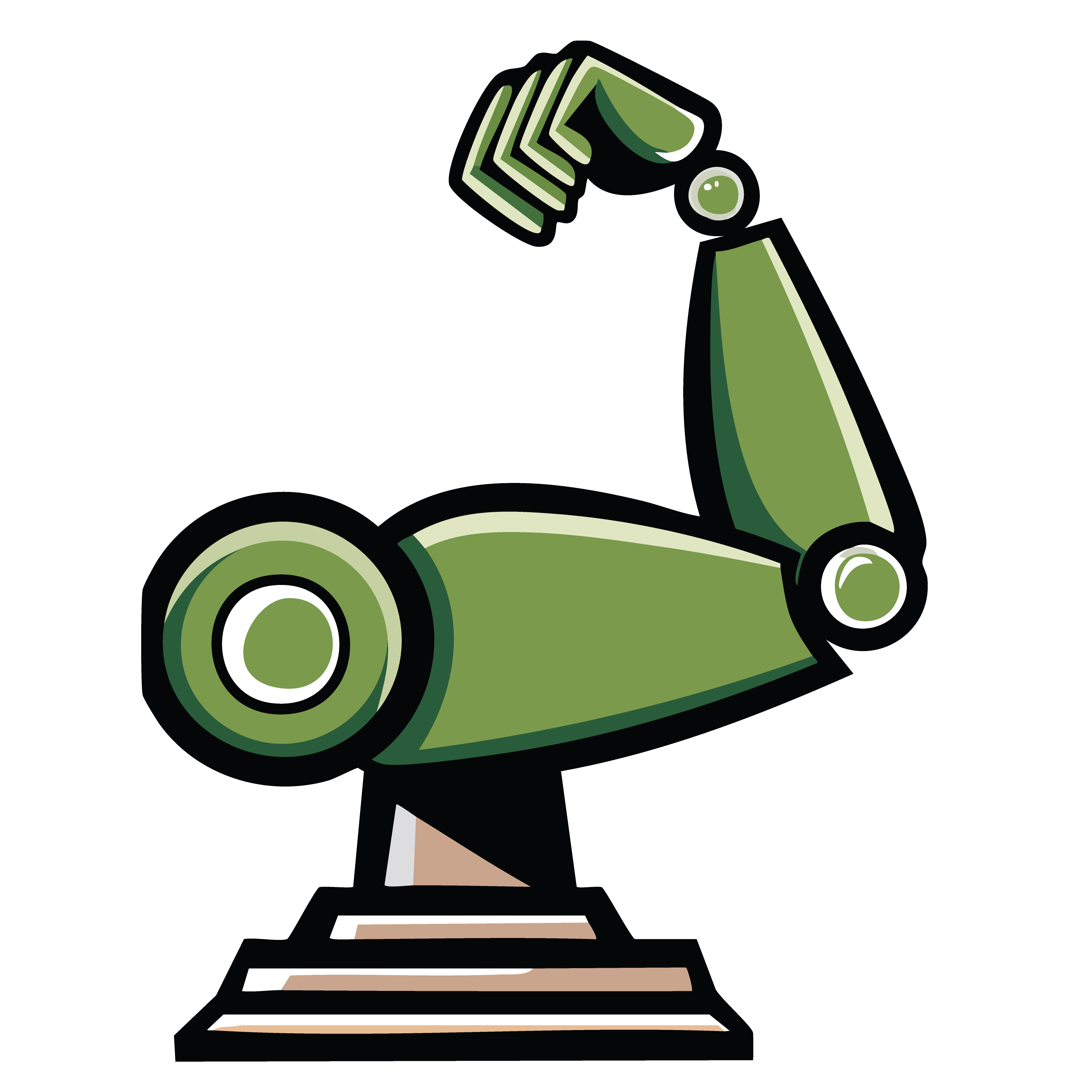 Stronger, faster, more precise – that's how we could work and live if we used exoskeletons. But why do we only see exoskeletons in Hollywood? Jérémy Lefint discusses the opportunities and risks of exoskeletons and human augmentation with you
Stronger, faster, more precise – that's how we could work and live if we used exoskeletons. But why do we only see exoskeletons in Hollywood? Jérémy Lefint discusses the opportunities and risks of exoskeletons and human augmentation with you
How do we strengthen trust in science and journalism?
 And how does this work, especially in times of fake news and disinformation? Journalist Katja Thorwarth and researcher Dana Mahr discuss with you the challenges and opportunities in communicating scientific topics.
And how does this work, especially in times of fake news and disinformation? Journalist Katja Thorwarth and researcher Dana Mahr discuss with you the challenges and opportunities in communicating scientific topics.

